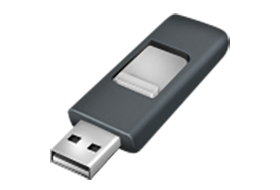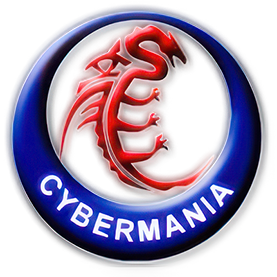
Rufus is a utility that helps format and create bootable USB flash drives, such as USB keys/pendrives, memory sticks, etc.
It can be be especially useful for cases where: you need to create USB installation media from bootable ISOs (Windows, Linux, etc.). You need to work on a system that doesn’t have an OS installed. You need to flash a BIOS or other firmware from DOS. You want to run a low-level utility.
Rufus is significantly faster than similar utilities and it’s open source and free. All versions of Rufus allow the creation of a bootable USB from an ISO image.
Creating an ISO image from a physical disc or from a set of files is very easy to do however, through the use of a CD burning application For example, such as the freely available CDBurnerXP or ImgBurn.
Rufus Portable is a USB formatting utility which also can create a bootable USB drive using a bootable ISO image. This app requires admin rights. Despite its small size, Rufus provides everything you need!
Rufus is fast. For instance it’s about twice as fast as UNetbootin, Universal USB Installer. Or Windows 7 USB download tool, on the creation of a Windows 7 USB installation drive from an ISO. It is also marginally faster on the creation of Linux bootable USB from ISOs.
Rufus support UEFI as well as GPT for installation media, meaning that it will allow you to install Windows 7, Windows 8 or Linux in full EFI mode.
However, Windows Vista or later is required for full UEFI/GPT support. Because of OS limitations, Windows XP restricts the creation of UEFI bootable drives to MBR mode.
Supported Languages: Arabic, Bulgarian, Chinese (Simplified), Chinese (Traditional), Croatian, Czech. Danish, Dutch, Estonian, Finnish, French, German, Greek, Hebrew, Hungarian. Indonesian, Italian, Japanese, Korean, Latvian, Lithuanian, Malay, Norwegian, Persian. Polish, Portuguese (Brazil), Portuguese (Portugal), Romanian, Russian, Serbian (Latin). Slovak, Slovenian, Spanish, Swedish, Thai, Turkish, Ukrainian, Vietnamese
System Requirements: Windows XP or later, 32 or 64 bit doesn’t matter.
Version 4.4 (2024.01.17)
Add workaround for distros that use broken symbolic links as their UEFI bootloaders (such as Mint 21.3)
Add support for GRUB 2.12
Fix a crash when saving .ffu images
Fix UEFI:NTFS partition not being added, in MBR mode, for some Linux ISOs
Prevent Microsoft Dev Drives from being listed
Improve support for SDXC card readers
Improve Large FAT32 formatting by aligning start of data regions to 1 MB (courtesy of Fred)
Version 3.22 (2023.03.25) x86
Add SHA-1 and SHA-256 x86 acceleration on CPUs that support it (courtesy of Jeffrey Walton)
Add an option to disable BitLocker device encryption in the Windows User Experience dialog
Add a cheat mode (Ctrl-P) to preserve the log between sessions
Fix potential media creation errors by forcing the unmount of stale WIM images
Fix potential access errors in ISO → ESP mode by forcing Large FAT32 formatting
Fix user-specified label not being preserved on error/cancel
Fix some large SSD devices being listed by default
Fix processing of Rock Ridge CE fields
Work around the use of Rock Ridge symbolic links for Linux firmware packages (Debian)
Remove the ISO download feature on Windows 7
Note: This is the last version of Rufus that can run on Windows 7
Download

One thought on “Rufus 4.4.2103 / 3.22.2009”
Hello greetings